Language comes later for siblings of children with autism
Infant siblings of children with autism tend to lag behind their peers at the earliest stages of language development before catching up at around 12 months of age.
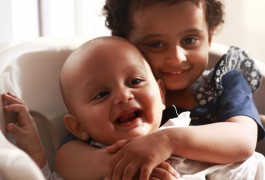
Infant siblings of children with autism tend to lag behind their peers at the earliest stages of language development before catching up at around 12 months of age.
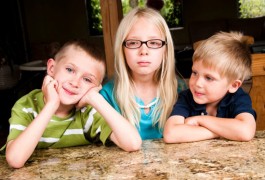
The goal of studying siblings of children with autism is to identify an early diagnostic marker for the disorder. What researchers are finding instead are distinct traits shared by family members who remain healthy.
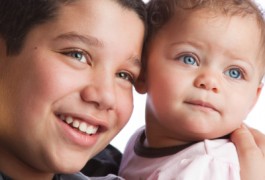
In families with more than one child diagnosed with autism, younger siblings appear to be more severely affected by the disorder, according to new data presented Tuesday at the Society for Neuroscience annual meeting in San Diego.
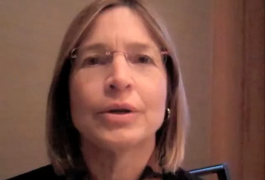
New research shows that behavioral intervention at a young age can improve language and social skills in some children with autism — and that parents may be the best therapists.
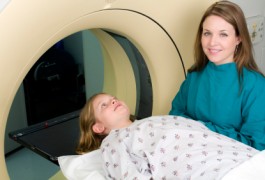
Siblings of children with autism who show no signs of the disorder may be compensating with increased activity in two brain regions that detect social cues, according to results presented yesterday at the Society for Neuroscience annual meeting in San Diego.
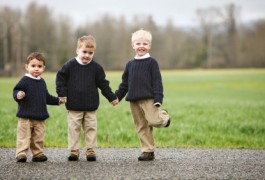
A new study raises provocative questions about the definition of recurrence in families of children with autism.
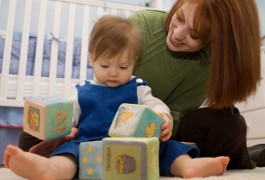
At 6 months of age, siblings of children with autism are less likely to gaze spontaneously at their caregivers while focused on learning a new task, though they learn the task just as quickly as do low-risk infants, according to a study in the Journal of Child Psychology and Psychiatry.
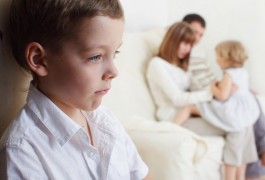
Toddlers who abruptly lose language, social or other developmental skills are more likely to have severe autism a few years later compared with children who have consistent delays from an early age. That’s the conclusion of the largest study thus far of autism onset patterns, published in the Journal of Autism and Developmental Disorders.
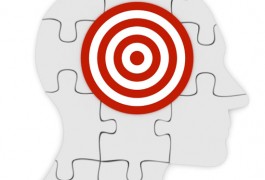
A decade of research on the biology of autism, combined with a steady rise in diagnoses, has finally piqued the pharmaceutical industry’s interest in developing drugs for the disorder. Preliminary data from one small clinical trial already show positive results, and results from several others are expected early this summer.
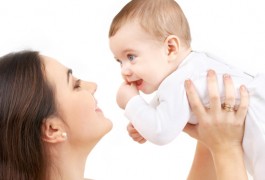
At 6 months of age, babies who will later develop autism begin to lose some of their social skills and continue to regress until age 3, according to a study published in the Journal of the American Academy of Child & Adolescent Psychiatry.